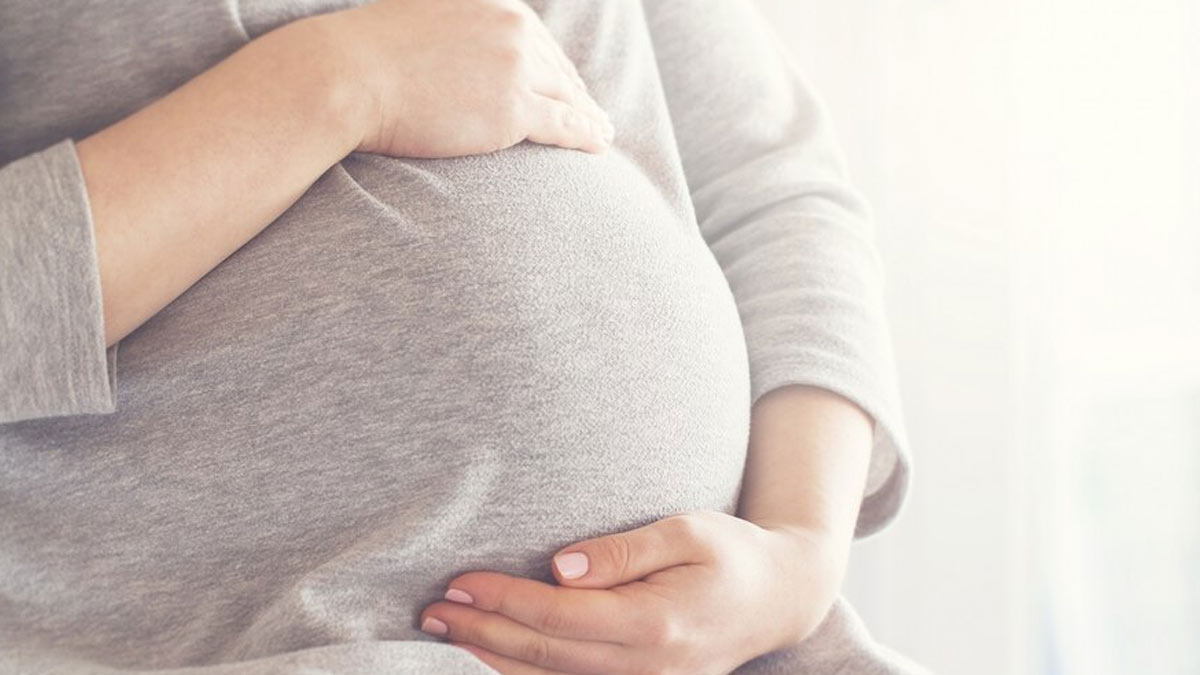
From nausea and fatigue to breast tenderness and frequent urination, pregnancy can lead to several symptoms. However, one of the biggest indicators of pregnancy is a missed period, characterised by the monthly shedding of blood and tissues lining the uterus through the vagina.
Table of Content:-
But the question that we will be tackling in this article is whether or not menstruation can still occur during pregnancy, and if not, what could it possibly mean?
Also Read: How Menstrual Symptoms Change In Your 20s, 30s, And 40s
Can You Get Period During Pregnancy?

According to Dr N Sapna Lulla, Lead Consultant - Obstetrics and Gynaecology, Aster CMI Hospital, Bengaluru, it is unlikely for pregnant women to get a menstrual period.
The Cleveland Clinic suggests that menstruation is driven by hormones that cause the lining of the uterus to thicken. When there is no pregnancy, your body sheds the uterine lining in the form of blood and tissues through the vagina, which is also called a period or menstruation.
However, if an egg gets fertilised, it implants in this built-up lining, leading to pregnancy and a missed period.
Therefore, it is not possible for pregnant women to have their periods during pregnancy. However, Dr Lulla says some bleeding or spotting can occur during the first trimester, which can be mistaken for a period. This could occur due to various factors, such as:
Implantation bleeding: This is light spotting that happens around the time of a missed period (weeks 1-2) as the fertilised egg implants in the uterine lining. It's usually pink or brown in colour and very light compared to a regular period.
Cervical irritation: Increased blood flow during pregnancy can cause slight bleeding after intercourse or a pelvic exam.
Threatened miscarriage: While concerning, a threatened miscarriage can sometimes present with light bleeding or spotting. Cramping and severe pain are additional signs to watch for.
‘Consult A Gynaecologist’

According to the American College of Obstetricians and Gynecologists (ACOG), bleeding or spotting occurs in 15–25 pregnancies out of a hundred during the first trimester.
The health body says, "Light bleeding or spotting can occur 1 to 2 weeks after fertilisation when the fertilised egg implants in the lining of the uterus. The cervix may bleed more easily during pregnancy because more blood vessels are developing in this area. It is not uncommon to have spotting or light bleeding after sexual intercourse or after a Pap test or pelvic exam."
Also Read: Understanding PMS: Why Some People Experience Breasts Changes Before Period
However, Dr Lulla emphasises that pregnancy‘s first trimester is a crucial phase, which is why any bleeding or spotting, even if seemingly insignificant, should be evaluated by a gynaecologist.

She says, "Period during pregnancy is not normal, and it needs further evaluation to rule out any untoward complications."
Moreover, if one experiences pain with heavy bleeding, severe cramps, or tissue clots along with bleeding, it needs to be immediately attended to by a gynaecologist, the doctor warns further.
Conclusion
Menstruation is a sign of a healthy reproductive system. However, if you have bleeding during pregnancy, it is more likely to be something other than a period. Implantation bleeding may be the most common explanation behind it, which usually occurs around the time you would expect to have a menstrual period. During this time, it is best to consult a doctor to understand the definite cause and rule out any concerning possibilities.
Also watch this video
How we keep this article up to date:
We work with experts and keep a close eye on the latest in health and wellness. Whenever there is a new research or helpful information, we update our articles with accurate and useful advice.
Current Version